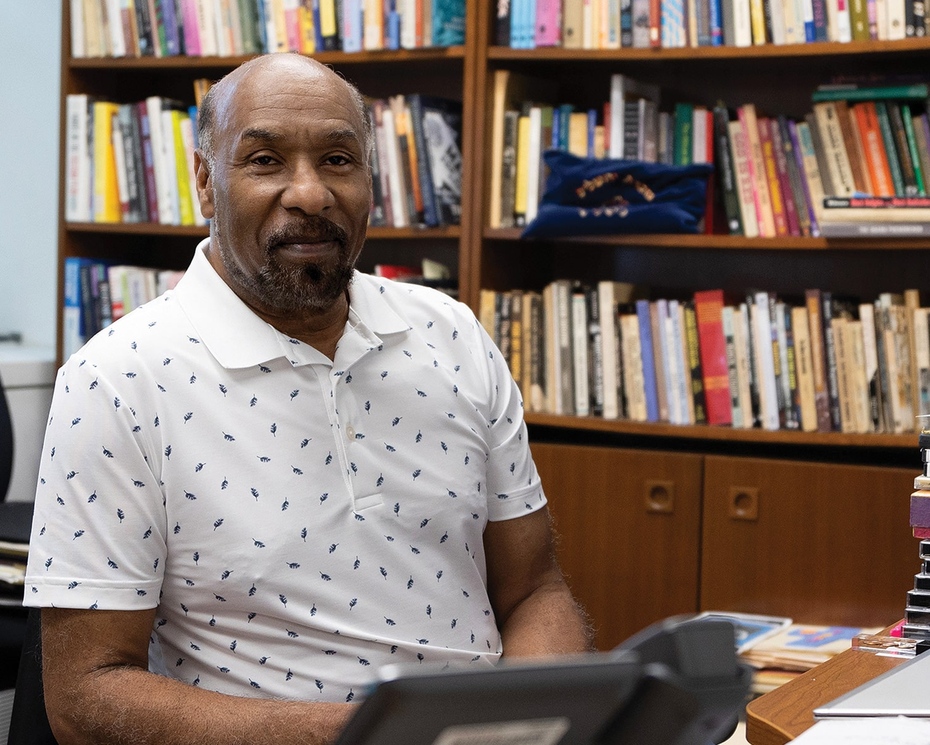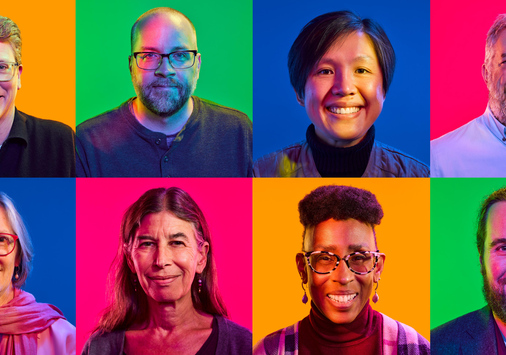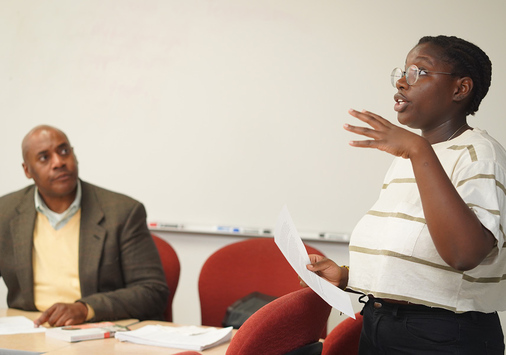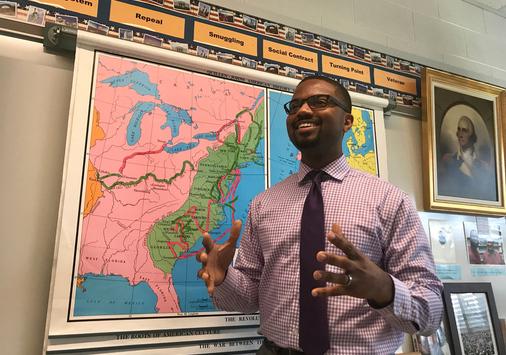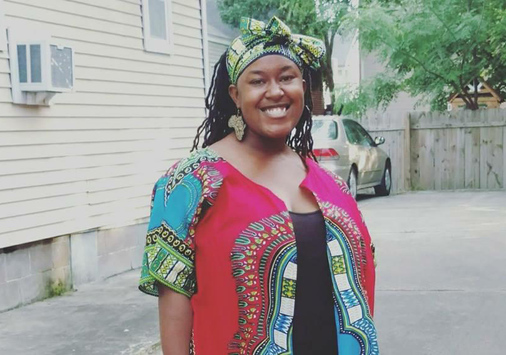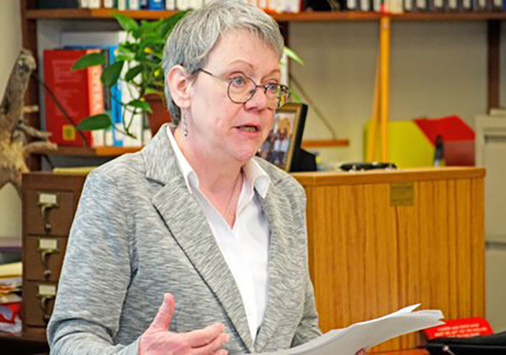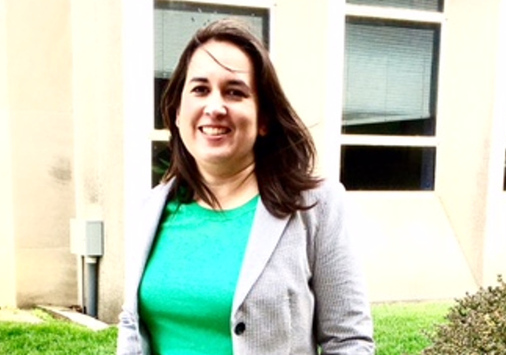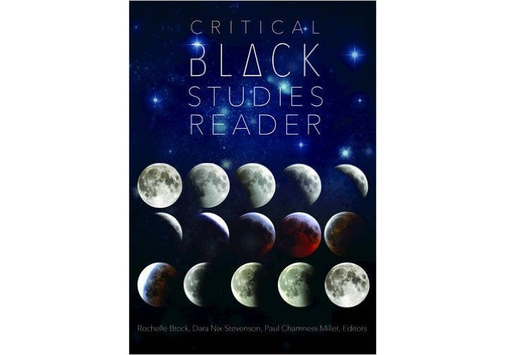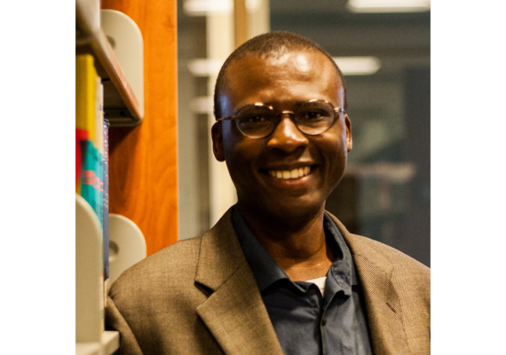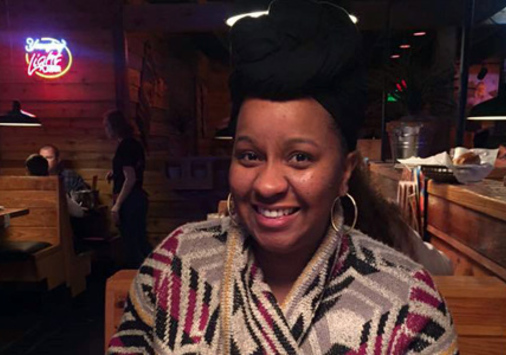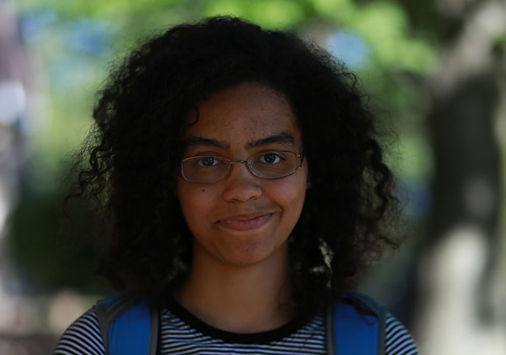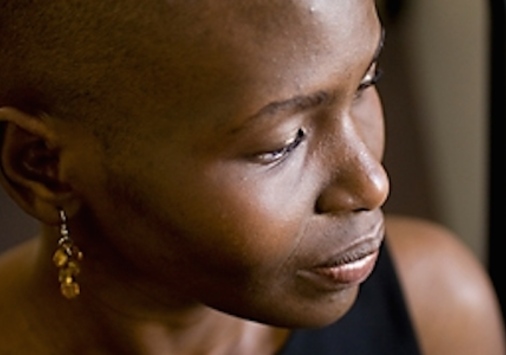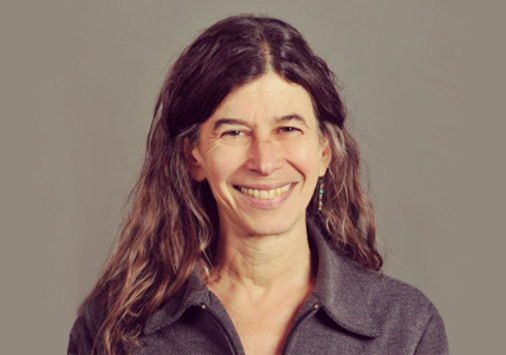Black Studies Panel: Race, Gender and Identity in Wakanda!
On March 6th, from 4:30-5:30 p.m. the Black Studies Program held a panel discussion on the blockbuster Afro-futurist film—Black Panther. Students, faculty, staff, and alum gathered in Burton Morgan Lecture Hall to discuss their insights from this pioneering hit which grossed $200 million in its opening weekend—and is the biggest February debut of all time and certainly “the highest grossing for any Black director in history (Long Island Technology News, 3-13-18). Sponsored by the Black Studies Program, community members enjoyed refreshments and good conversation throughout this late afternoon event. Dr. John L. Jackson (Black Studies and Religion) moderated the panel which consisted of three faculty and one student panelist. They included Professors, Diana Mafe (English and Black Studies), Terrance Dean (Visiting Professor, Black Studies), and graduating senior, Khadijah Muhammed (Communication major, Chief Minister of the BSU, and President of acapella group—Tehillah). Dr. Mafe briefly spoke about the inclusion of Black women in the movie, highlighting the fact that there was a multiplicity of roles held by Black women throughout the film that demonstrated their agency, wisdom and leadership. She posed the question to the audience however that the lead role was still a Black man and queried whether we might hope to see a Black woman in the role of protagonist in such films to come. Professor Dean contextualized the significance of the rituals and the theme of belonging that determines who is able to participate and even gaze upon the tribal and ancestral ceremonies arising within the culture of the fictionalized African nation of Wakanda. He posed to the audience that we as viewers of the film were given access to a kind of cultural intimacy not typically available to “outsiders” which brought us into experiential community with the people of Wakanda. Khadija Muhammed discussed the embodiment of various modes of empowerment in terms of the characters’ multifaceted cultural aesthetics of appearance and the complex African diasporic insider-outsider relations between Africans from Wakanda and those transplanted within the U.S. She also articulated the inter-cultural relationships between the white and black characters—noting the ways the black people led and directed the whites as a counternarrative to how black characters, cultures, and nations are typically depicted in life and artistic production.
The panelists’ dialogue was followed by a lively discussion with the audience. Students and faculty commented on the Wakanda’s leading role in STEM, as seen by their scientific uses of the natural resource—Vibranium—that gave the Black Panther his superhero powers, and that powered much of the superior technological prowess of Wakanda. The audience interrogated the parallels of this afro-futurist fable with contemporary issues, with past and present international relations particularly those between African nations and the U.S., and with the film’s juxtaposition of global histories of imperialism and colonization that have influenced African nations historically to the present. Audience members noted the film’s contestation of stereotypical portrayals of Black people by its depiction of Wakanda’s prosperity, stability and technology. The fact that Wakanda’s isolationist existence which accounts for its prosperity—simultaneously poses some of the major ethical questions that arise in the plot was not lost on the Panelists and audience. The ensuing dialogue revealed these tensions and ethical dilemmas, culminating in major questions of social and political import which the moderator helped to frame for further consideration. A major question, Dr. Jackson posed as the event came to a close included whether there is a current imperialism of the mind, one that asks us to reflect on how we as Black people may be falling short in imagining the roots of our oppression, and therefore fall short of finding ways to liberate ourselves and break these chains. Most significantly, many in attendance expressed the satisfaction and joy of seeing someone that looks like them as superheroes, and to a large extent, super/sheroes, in an imaginary nation of rich diversity, beauty, artistic expression, breathtaking landscapes, dealing with compelling individual and collective ethical issues which upon reflection is potentially unifying for us all.


